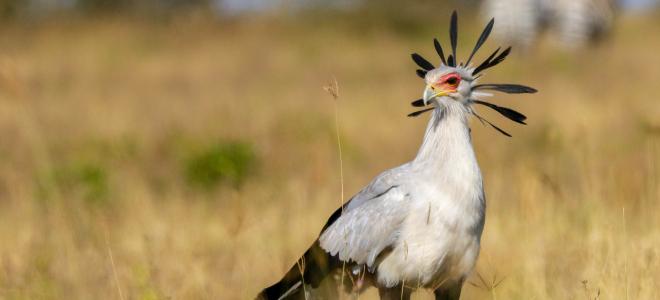Kenya’s wildlife has been declining substantially for decades, due to rapid human population growth and its associated impacts on natural habitats. Predators and scavengers are particularly sensitive to anthropogenic pressures, such as poisoning, electrocution and collision with power lines and wind farms, and the excess use of pesticides to control locusts. Their changing status has corresponding impacts on the ecosystem services they provide. Understanding the rates of raptor decline, identifying key areas of the highest decline and associated threats are vital to the creation of long-term plans and partnerships across sub-Saharan Africa to protect the health of this continent's ecosystems.
Our Impact: 24,000 kilometers of roads surveyed, 30 years of raptor data collected
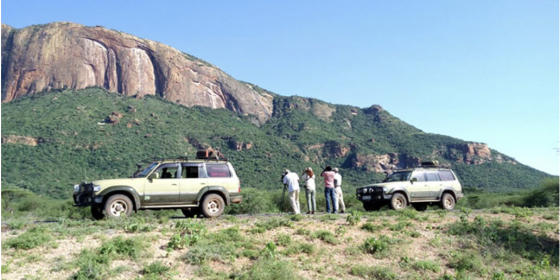
Ben Mugambi
Africa's Raptors are in Crisis
Our Solutions
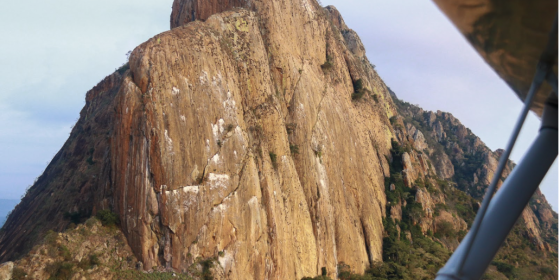
Darcy Ogada
Africa's Raptors are in Crisis
Our Solutions
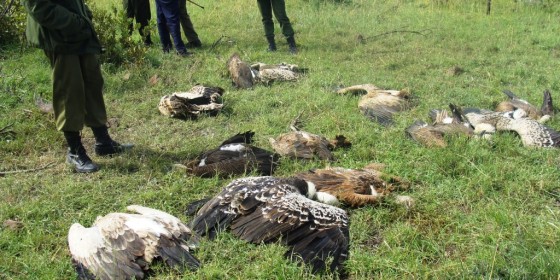
Joseph Wahome
Africa's Raptors are in Crisis
Our Solutions
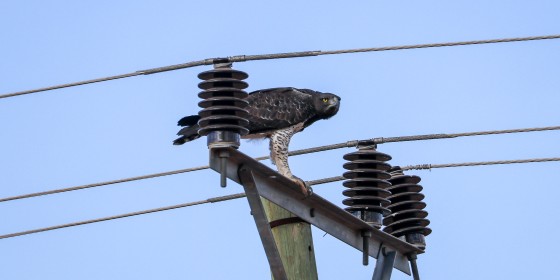
Darcy Ogada
Africa's Raptors are in Crisis
